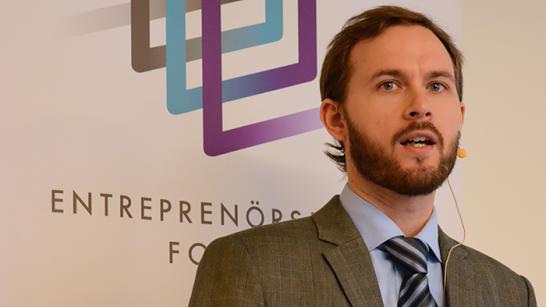Practical information
Trust, or rather its absence, constitutes a driving force behind the much hyped blockchain technology. It is a decentralized, more secure and transparent model for transactions and information sharing that operates on an encrypted peer-to-peer basis. However, much uncertainty surrounds the competition law implications of blockchain technology. Recent years have shown that both private firms and competition law enforcers are venturing off beaten paths – the former by embracing new technologies in their strategies and the latter by demonstrating their readiness to challenge such strategies. Blockchain might be the trigger for the next stage in the technology-driven competition journey. Our expert panel will discuss and debate this question and others including: in what circumstances could information distribution and sharing via blockchains give rise to concerns under Article 101 TFEU; and is there a risk that dominant companies would adopt exclusionary blockchain-related practices incompatible with Article 102?

Programme
Welcome: Jean Monnet Chair Harri Kalimo
Chair: David Anderson – Associate Researcher, IES; Partner, Bryan Cave Leighton Paisner (Brussels)
Speakers
- Pontus Lindblom – Research consultant, Bitanalysis OÜ
- Thibault Schrepel – Associate Professor, Utrecht University Law School
- Falk Schöning – Partner, Hogan Lovells
- Fabio Falconi – Competition & Economics Division, UK Financial Conduct Authority
Coordination
- Harri Kalimo, Jean Monnet Chair, IES (harri.kalimo@vub.be)
- Michael Ristaniemi, Researcher, IES & University of Turku (michael.ristaniemi@utu.fi )
- Anamaria Bacsin, Events Officer, IES (anamaria.bacsin@vub.be)
For questions, contact us at events@ies.be.
“This Policy Forum is (co-)organized under the auspices of the EACEA Jean Monnet Chair of Professor Kalimo (rECOncile, Grant nr. 575718-EPP- 1- 2016- 1-BE-EPPJMO-CHAIR)”.